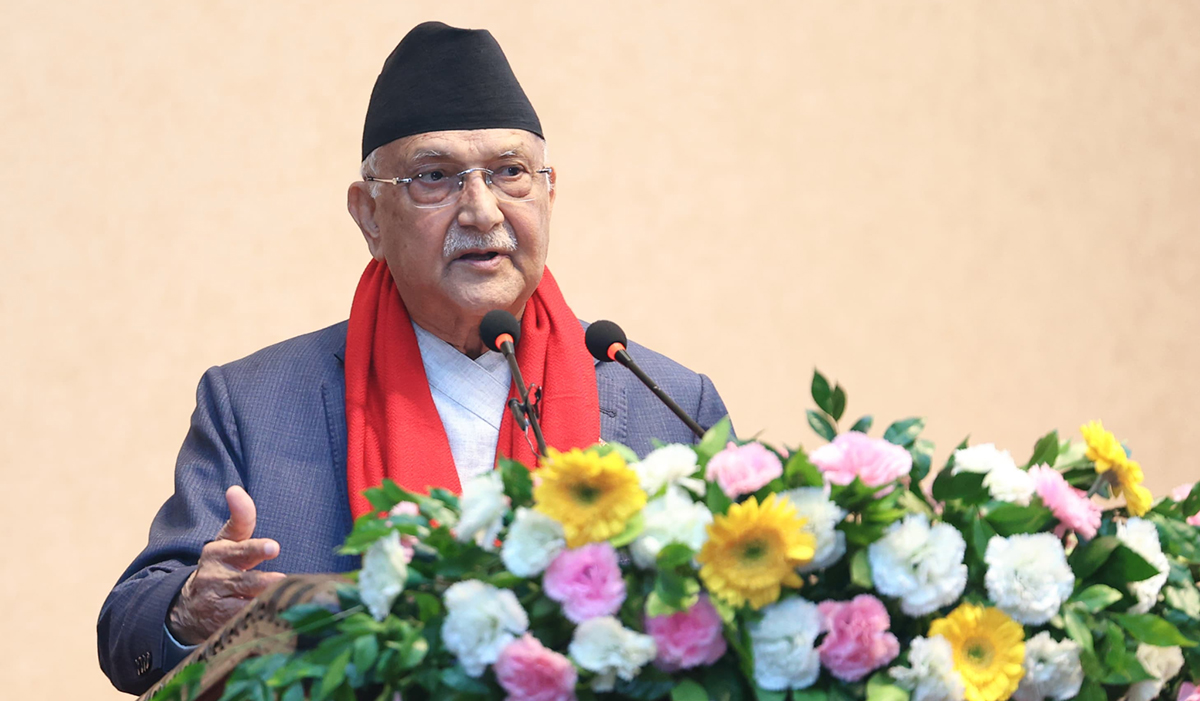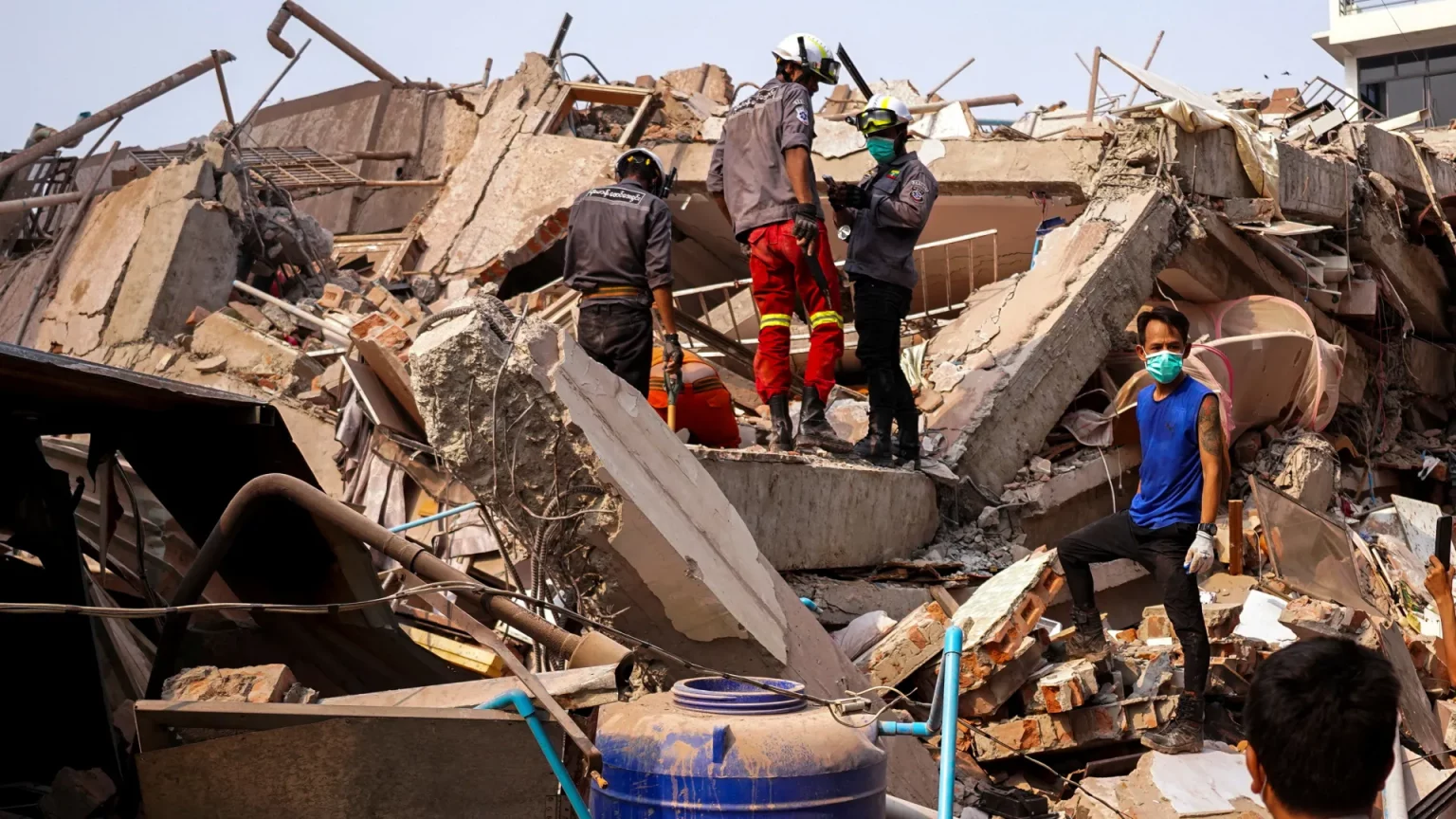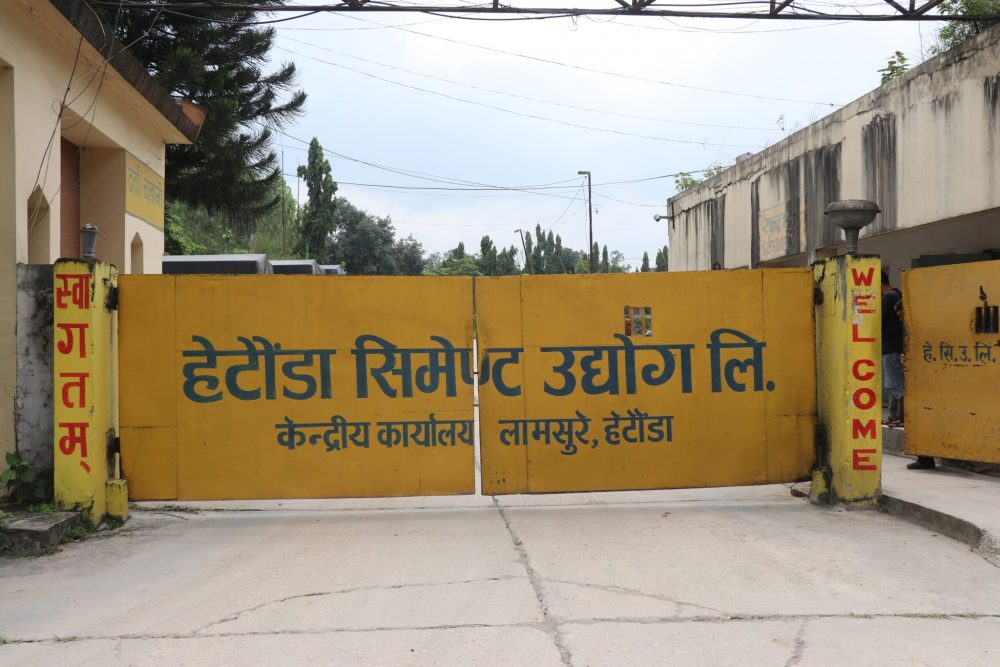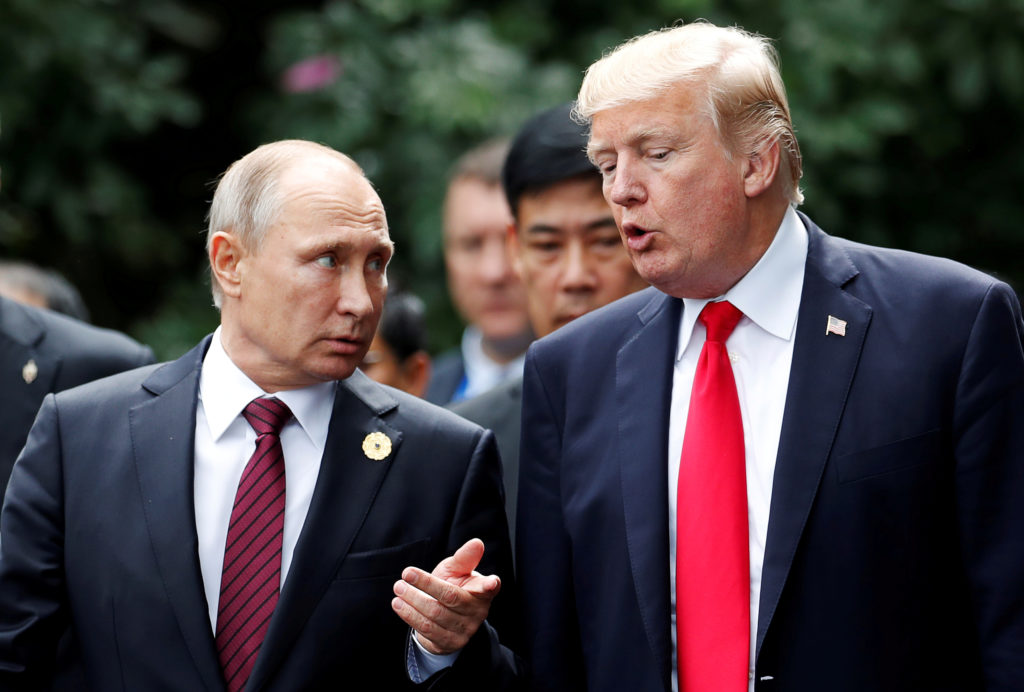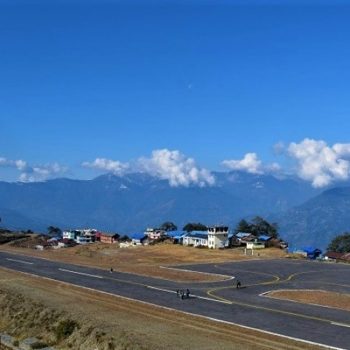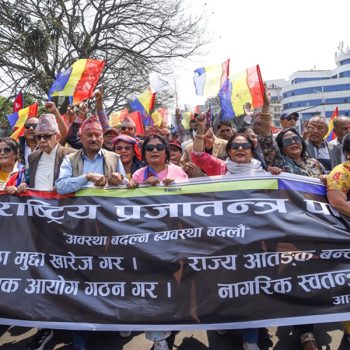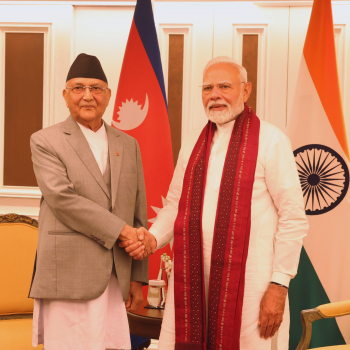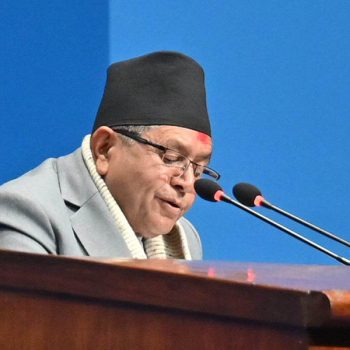Corona rampages Worldwide – Dont Stop social distancing
Its not over even with vaccine
 NepalPress
NepalPress
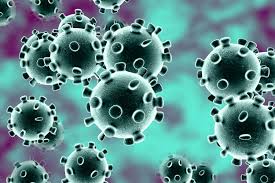
Malaysia declares coronavirus emergency and suspends parliament
Malaysia kept the virus in check for much of last year with a tough lockdown but, once curbs were eased, cases accelerated and have repeatedly hit fresh records in recent days.
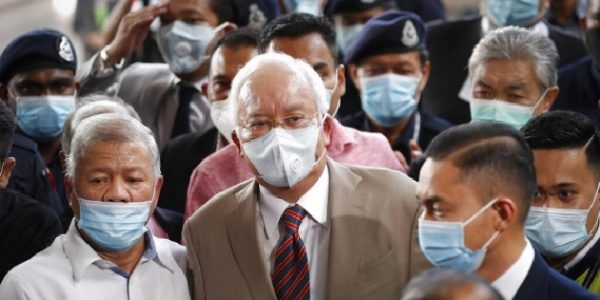
KUALA LUMPUR: Malaysia’s king declared a nationwide state of emergency Tuesday to fight a coronavirus surge and parliament was suspended, with critics charging it was a bid by the unstable government to cling to power.
The surprise move came a day after the prime minister announced sweeping new curbs across much of the Southeast Asian nation, including the closure of most businesses, and warned the health system was “at breaking point”.
Sultan Abdullah Sultan Ahmad Shah agreed to declare an emergency until August 1 following a request from Prime Minister Muhyiddin Yassin, the national palace said in a statement.
COVID-19 herd immunity unlikely in 2021 despite vaccines: WHO’s Soumya Swaminathan
In recent weeks, Britain, the US, France, Canada, Germany, Israel, the Netherlands and others have begun vaccinating millions of their citizens against the coronavirus.
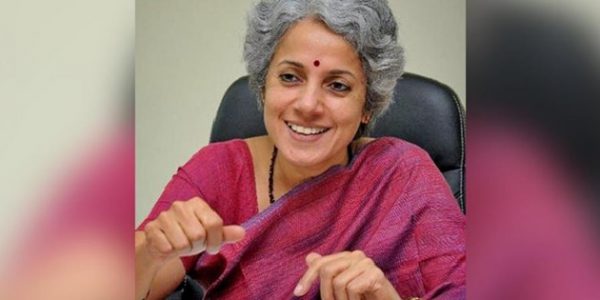
GENEVA: The World Health Organization’s chief scientist warned that even as numerous countries start rolling out vaccination programs to stop COVID-19, herd immunity is highly unlikely this year.
At a media briefing on Monday, Dr Soumya Swaminathan said it was critical countries and their populations maintain strict social distancing and other outbreak control measures for the foreseeable future.
In recent weeks, Britain, the US, France, Canada, Germany, Israel, the Netherlands and others have begun vaccinating millions of their citizens against the coronavirus.
“Even as vaccines start protecting the most vulnerable, we’re not going to achieve any levels of population immunity or herd immunity in 2021,” Swaminathan said.
“Even if it happens in a couple of pockets, in a few countries, it’s not going to protect people across the world.”
Scientists typically estimate that a vaccination rate of about 70% is needed for herd immunity, where entire populations are protected against a disease.
But some fear that the extremely infectious nature of COVID-19 could require a significantly higher threshold.
WHO Plan-Corona vaccine for poorer countries
Bruce Aylward, an adviser to WHO’s director-general, said the UN health agency was hoping coronavirus vaccinations might begin later this month or in February in some of the world’s poorer countries, calling on the global community to do more to ensure all countries have access to vaccines.

“We cannot do that on our own,” Aylward said, saying WHO needed the cooperation of vaccine manufacturers in particular to start immunising vulnerable populations.
Aylward said WHO was aiming to have “a rollout plan” detailing which developing countries might start receiving vaccines next month.
Still, the majority of the world’s COVID-19 vaccine supply has already been bought by rich countries.
The UN-backed initiative known as COVAX, which is aiming to deliver shots to developing countries is short of vaccines, money and logistical help as donor countries scramble to protect their own citizens, particularly in the wake of newly detected COVID-19 variants in Britain and South Africa, which many officials are blaming for increased spread.
While new variants are a concern – DON’T STOP SOCIAL DISTANCING
WHO, however, said that most of the recent spikes in transmission were due to “the increased mixing of people” rather than the new variants.
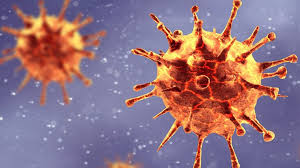
WHO’s technical lead on COVID-19, Maria Van Kerkhove, said that the spike in cases in numerous countries was detected before the new variants were identified.
Van Kerkhove noted that during the summer, COVID-19 cases were down to single digits in most countries across Europe.
“We lost the battle because we changed our mixing patterns over the summer, into the fall and especially around Christmas and the new year,” she said, explaining that many people had multiple contacts with family and friends over the holidays.
“That has had a direct impact on the exponential growth that you have seen in many countries,” she said, describing the case count increase in some places as “vertical”.
Dr Michael Ryan, WHO’s emergencies chief, said while there is some evidence variants may be speeding the spread of COVID-19, “there is no evidence that variants are driving any element of severity”.
He said the variants shouldn’t alter countries strategies for controlling outbreaks.
“It doesn’t change what you do, but it gives the virus some new energy,” Ryan said.
Peru’s intensive care units at capacity as COVID-19 cases surge
These days, 20 patients are vying to get a bed in the unit where the struggle between life and death is fought every moment.
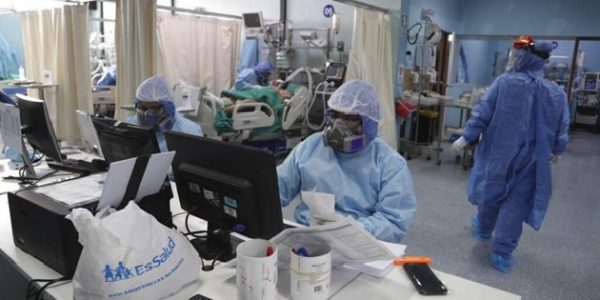
LIMA: Covered in protective gear from head to toe, Dr Julio Rodríguez worries about what he is seeing as he walks around the maxed-out intensive care unit of a hospital in the capital of Peru, which like other countries in Latin America is experiencing a new wave of coronavirus cases.
These days, 20 patients are vying to get a bed in the unit where the struggle between life and death is fought every moment.
The dire situation has pushed Peruvians to beg for a bed on social media as the daily rise in newly confirmed coronavirus cases has reached 1,500.
“Unfortunately, we do not have the capacity to take care of them,” Rodriguez said Monday, wearing two masks and two pairs of gloves.
A month ago, only five patients were waiting for an ICU bed at the Alberto Sabogal hospital.
The shortage of beds is the result of the increasing number of cases and the fact that it may take a COVID-19 patient up to a month to leave the unit — alive or dead.
Hospitals in Peru’s north, south and central regions have no beds left in their ICUs.
In Lima, only six intensive care beds are left, according to the Ombudsman’s Office.
Decades of underinvestment in public health measures have left Peru as one of the countries in South America with the fewest intensive care beds.
The entire country, which has a population around 32 million, has only 1,656 ICU beds.
That is less than the 1,800-plus beds available in Bogota, a city of 7.4 million people that is the capital of neighbouring Colombia, according to official data.
Peru has recorded more than 38,200 deaths related to COVID-19 and more than a million cases of coronavirus infections since the pandemic reached the country in mid-March.
On Monday, Rodríguez checked on his patients, all sedated.
Nurses recorded vital signs on a clipboard, and the data was then entered into a computer.
Some patients were related, such as a mother and son who were infected at the young man’s wedding.
The sounds of the monitors that measure oxygen saturation and other vital signs of the 30 patients in the intensive care unit accompany the doctors, nurses and health technicians every shift.
All their patients are intubated.
Experts say the increase in cases was driven by the large protests in November that generated political chaos in Peru, and led to the naming of three presidents in a week, as well as holiday gatherings.
Doctors, nurses and technicians are working under intense pressure, balancing the risk of getting infected, stress and sleep deprivation.
“The patients keep increasing and they don’t stop,” Rodríguez said.
In eye of the pandemic storm: South Africa closes borders amid rising COVID-19 cases
President Cyril Ramaphosa scotched widespread speculation that there would be a move to Level 4 restrictions due to the rising infections and deaths.
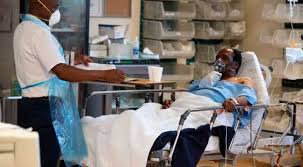
JOHANNESBURG: South Africa will close border posts with neighbouring countries for entry and departure as cases surge due to the new coronavirus variant, President Cyril Ramaphosa has announced.
In a national broadcast on Monday evening, Ramaphosa scotched widespread speculation that there would be a move to Level 4 restrictions due to the rising infections and deaths, especially as people return home and to work following the festive season.
He said the current Level 3 would continue until it was deemed safe to remove some of the restrictions, such as the ban on sale and movement of alcohol and a prohibition on public gatherings, except for funerals with strict protocols observed.
There were 339 more coronavirus deaths overnight across the country.
“The coronavirus storm is far fiercer and much more destructive than anything we have known before. We are now in the centre of that storm,” Ramaphosa said.
“We do not know how much longer it will last or how much worse it will get, but we know what we need to do to weather this storm and to survive.”
“It’s necessary to keep the alert level 3 measures in place until we have passed the peak of new infections and we are certain that the rate of transmission has fallen enough to allow us to safely ease the current restrictions,” he said.
The president elucidated the decision on the border closure following severe congestion at border posts with neighbouring countries, especially Zimbabwe and Mozambique, as thousands of people tried to re-enter South Africa in the past fortnight.
“This (congestion) has exposed many people to infection as they wait to be processed; and it has been difficult to ensure that the health requirements for entry into South Africa are met. Many people are arriving without proof of COVID-19 tests,” Ramaphosa said.
“To reduce congestion and the high risk of transmission, cabinet has decided that the 20 land ports of entry that are currently open will be closed until 15th February for general entry and departure.”
Ramaphosa, however, listed the exemptions, such as transporting fuel and cargo, emergency medical attention for a life-threatening condition, return to South Africa by its citizens or others with valid visas and departure of foreign nationals.
On the call by teacher unions not to reopen schools on January 27, Ramaphosa said various stakeholders were discussing the matter and would make a decision in the next few days.
The unions have said many teachers had succumbed to the virus already and the risk in this second wave to returning teachers and learners was too great as they could carry the new variant of the virus back to their families.
“We need to act with common purpose, understanding that what we each do is important for ourselves, for our families, our communities and our society,” the president said, underscoring the need to wear masks, and follow maintaining social distancing and others protocols.
UK now at worst point of COVID-19 pandemic, warns senior health official
Professor Chris Whitty said the only way to help an already overwhelmed National Health Service (NHS) is to minimise all unnecessary contact with other people.
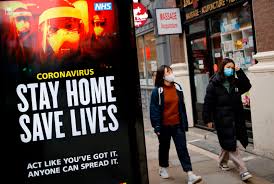
LONDON: The UK will go through the “most dangerous time” as it enters “the worst” weeks of the COVID-19 pandemic, England’s Chief Medical Officer (CMO) said on Monday as he urged the public to strictly follow the stay-at-home lockdown to help curb the transmission of infections.
Professor Chris Whitty, who is also the face of a series of awareness campaigns about following lockdown rules, said the only way to help an already overwhelmed National Health Service (NHS) is to minimise all unnecessary contact with other people while the vaccination programme is accelerated in parallel.
“I think everybody accepts that this is the most dangerous time we’ve really had in terms of numbers into the NHS. The next few weeks will be the worst of the pandemic for the NHS,” Prof Whitty told the BBC.
“This is everybody’s problem. Any single unnecessary contact you have with someone is a potential link in a chain of transmission that will lead to a vulnerable person,” he said.
He said there were over 30,000 people in England hospitals with COVID-19, compared to about 18,000 at the peak last April.
He added that “anybody who is not shocked” by the number of people in the hospital “has not understood this at all”.
“This is an appalling situation,” he said, pointing to the more than 80,000 coronavirus deaths since the start of the pandemic and an estimated one in 50 people infected in the UK.
His latest warning comes as the UK’s new mass vaccination centres opened their doors to vulnerable categories, with eligible over-80 individuals being informed by letters from the NHS.
The centres are an additional option for people, who can book an appointment at one of the seven centres through the national booking service online or over the phone.
If it is not convenient for them, they can instead be jabbed at one of their local vaccination centres in the coming weeks.
“Increasing supplies means the NHS can open even more vaccination services and protect even more people this week,” said Professor Stephen Powis, the NHS national medical director.
“And whether you have had a vaccine or not, please continue to follow all the guidance to control the virus and save lives, that means staying at home as much as you can,” he said.
As well as offering additional options for the over-80s, the NHS Vaccine Centres will also help in the NHS’s drive to protect its frontline staff as well as social care workers providing vital support in communities.
The initial sites were chosen from those ready to vaccinate large numbers of people quickly to give a geographical spread covering as many people as possible, the NHS said.
Invites to book at the centres are being sent to people aged 80 or over who have not yet been vaccinated and live up to 30 to 45 minutes’ drive from one of the seven new sites.
The letters explain how they can book a slot over the phone or online through the national booking service, and NHS leaders are urging people not to turn up at the centres or try to book without receiving them.
The new vaccine centres will each be capable of delivering thousands of vaccinations each week, scaling their operations up and down according to vaccine supplies and demand.
According to the NHS, there are already nearly 1,000 vaccination sites across the country, using the Pfizer/BioNTech and Oxford/Astrazeneca jabs.
A third vaccine, the Moderna jabs, is likely to join the programme by March once supplies start rolling in.
All three vaccines require two shots, to be administered 12 weeks apart.
The government has set a goal to vaccinate around 15 million people in the UK, the over-70s, healthcare workers and those required to shield due to underlying health conditions, by mid-February.


